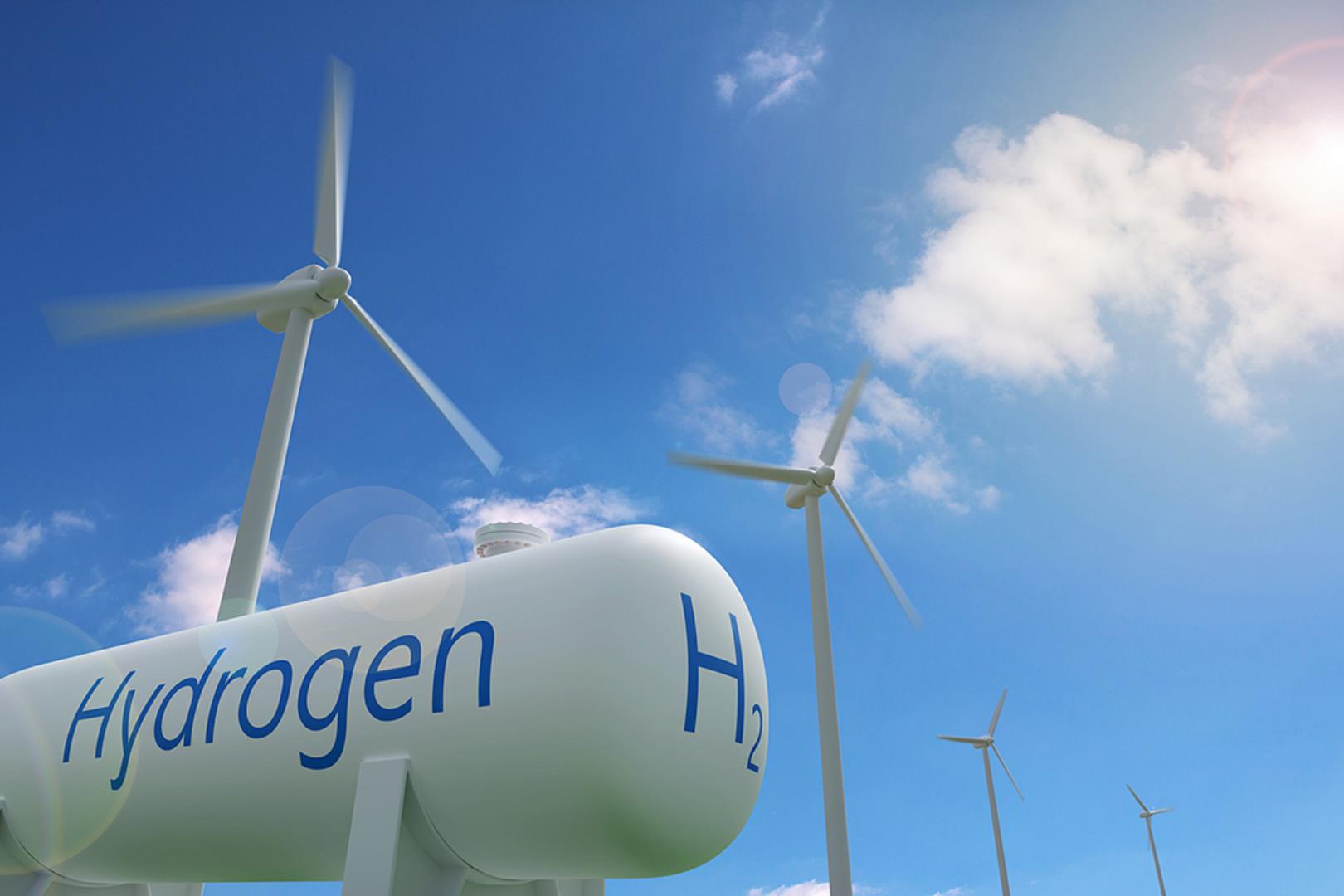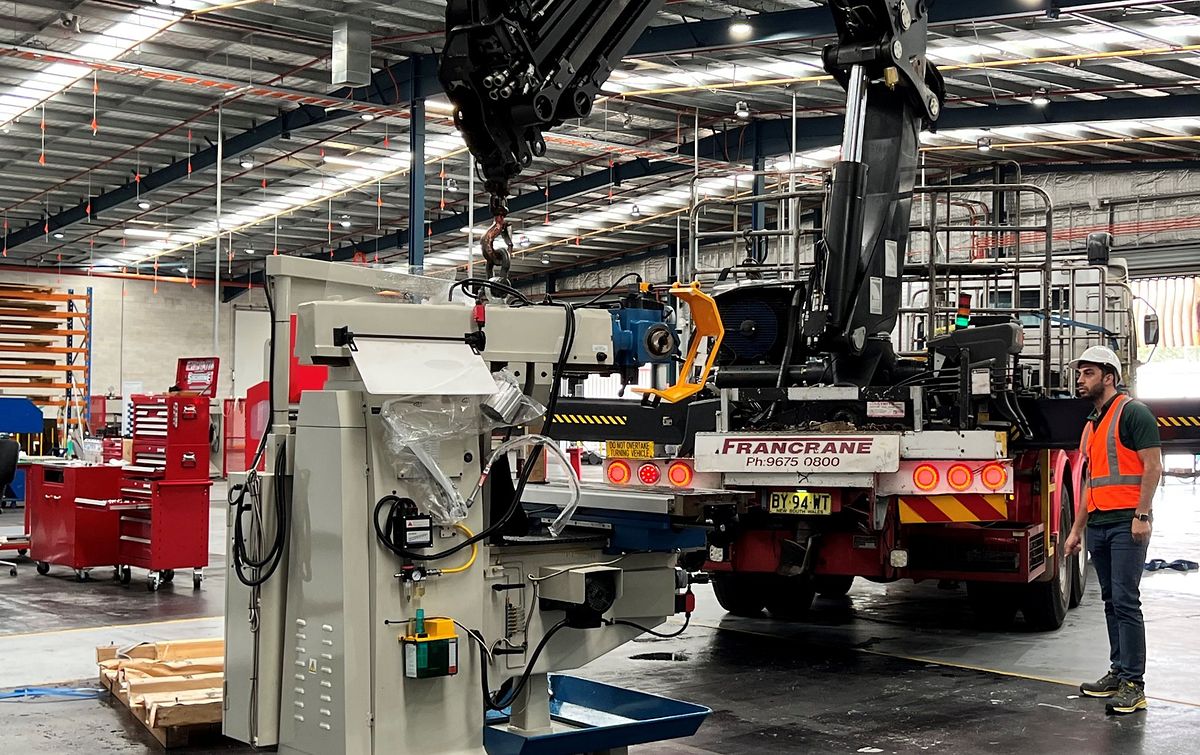Humanity must produce green hydrogen. The new compound may contribute to this
Hydrogen does not equal hydrogen, because its environmental value depends on the process by which it is produced. It therefore suffers from the same dependency that has been used for years, among other things by opponents of electric cars to reduce their value in countries where electricity is generated at coal-fired power plants. Therefore, scientists are seeking to develop an efficient way to cheaply mass-produce this green, or if you prefer, environmental hydrogen, which can serve as an energy source indirectly (in power generators) or directly (in engines that actually burn hydrogen).
Read also:Hydrogen or heat pumps – which is more profitable? The answer is not very clear
Team development with University of Twente It’s just been published in the journal ACS Nano, where we’ll read about the scientists’ original idea for producing “environmental hydrogen.” So we are talking about hydrogen productionIn a process that does not result in pollution (directly or indirectly). This process is made possible by an electrolyzer made of a new composite material, which is composed of several elements that occur naturally on Earth. Obviously, these can be used to efficiently produce hydrogen without the need for rare and valuable metals.
Current electrolyzers typically use platinum and iridium, which are rare earth metals. Thanks to them, hydrogen and oxygen can be generated from water, but scientists are still looking for a more common and, accordingly, cheaper alternative. The team found such a combination in a mixture of five different transition metals, which individually did not show as much potential as when combined. In fact, the difference between the potentials of five metals combined relative to one is huge, amounting to 6,800%, which for obvious reasons surprised scientists.
Read also:Hydrogen, batteries and… well, what? In the future, we could extract electricity from an underestimated chemical compound
We expected increased stability compared to conventional compounds, but when we started testing it quickly became clear that the activity was also much higher. Together with our partners in Karlsruhe (Germany) and Berkeley (USA), we have discovered that individual transition metals can ‘help’ each other to improve compact materials.Scientists say.
Read also:The auto giant is switching to hydrogen fuel. Missed an important detail…
So does this new discovery mean that we can forget about the coal, gasoline and oil that will replace hydrogen when it becomes cheap enough and widely available? Unfortunately not, because it so happens that the combination of these five different substances is complex, and their activity has so far only been tested in a laboratory setting. This was confirmed by the scientists themselves, noting that this new material, although it has great potential, has not yet been tested on an industrial scale.

Echo Richards embodies a personality that is a delightful contradiction: a humble musicaholic who never brags about her expansive knowledge of both classic and contemporary tunes. Infuriatingly modest, one would never know from a mere conversation how deeply entrenched she is in the world of music. This passion seamlessly translates into her problem-solving skills, with Echo often drawing inspiration from melodies and rhythms. A voracious reader, she dives deep into literature, using stories to influence her own hardcore writing. Her spirited advocacy for alcohol isn’t about mere indulgence, but about celebrating life’s poignant moments.









